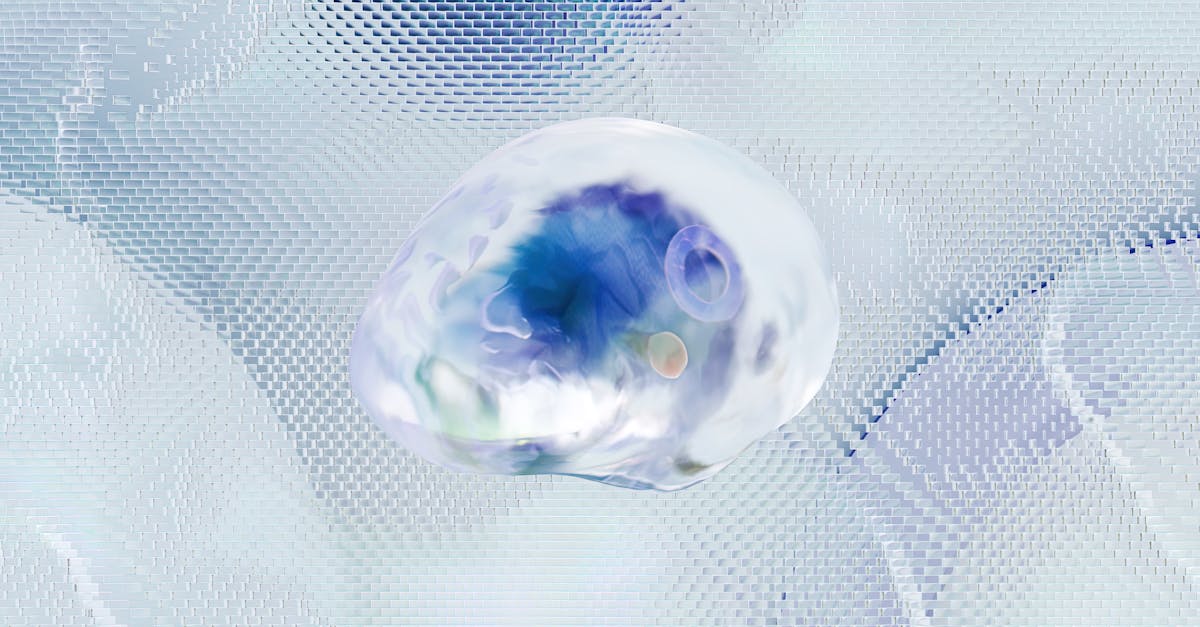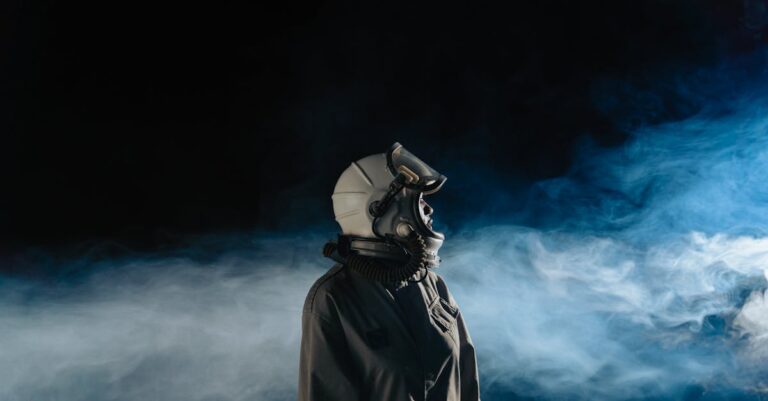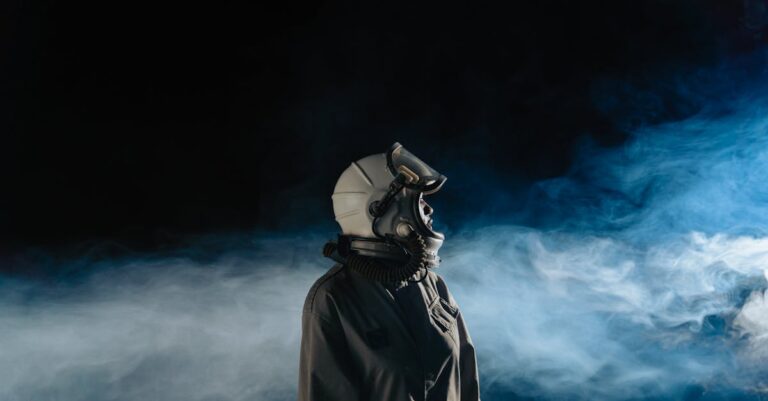
## The Echo Weaver
The hum vibrated through Elias’s teeth, a low thrum he felt more than heard. He sat in Unit L’, the padded chair molded to his form, staring at the grey wall. Grey always. It was the constant in a constantly shifting world. Or rather, an endlessly repeating one.
He blinked. The wall shimmered, the grey fracturing into a mosaic of fractured memories—a sun-drenched kitchen, his grandmother’s laugh, the metallic scent of rain on asphalt. Then, it snapped back to grey.
“Another cycle?” a voice cut through the silence, devoid of inflection. Dr. Aris Thorne’s face appeared on a screen embedded in the opposite wall, his expression carefully neutral.
“Feels like it,” Elias mumbled, tracing a pattern on the armrest with his fingertip. He didn’t bother detailing the fragmented scenes, the way things felt *wrong*. Thorne wouldn’t care. They rarely did.
“Baseline cognitive stability remains at seventy-two percent.” Thorne’s words were clinical, detached. “Dreamscape parameters continue their unpredictable fluctuations. We are observing increased instability.”
Elias pushed himself upright. “Increased instability? Meaning it’s getting worse?” He felt a familiar tightening in his chest, the dull ache of frustration.
“Your perception of ‘worse’ is subjective,” Thorne countered, his gaze unwavering through the camera lens. “Objectively, the influence of emergent narratives on dimensional tolerances is escalating.”
Elias ran a hand through his perpetually messy hair. “So, I’m just… hallucinating more stuff?”
Thorne offered a fractional nod. “The term is inaccurate, but not entirely dismissive.”
He remembered the bakery, a place that hadn’t existed yesterday. The smell of yeast and cinnamon hung heavy in the air, a warm embrace he hadn’t realized he craved. Then came the dog, a scruffy terrier with mismatched eyes that followed him everywhere, silently observing. Yesterday it was gone, today it watched from beneath a wobbly table.
“It feels… real,” Elias pressed, remembering the terrier’s wet nose nudging his hand. “More than just random images.”
“Subjective experience holds limited scientific value,” Thorne stated, his voice unwavering.
Elias clenched his jaw. “Right. So, you’ve been running these tests for how long now? Three years? And all I get is a pat on the head and a diagnosis of ‘cognitive divergence’?”
“The protocols are designed to elicit data, not provide comfort,” Thorne replied, unmoved.
Elias sighed. He knew the drill. The endless cycles, the shifting realities, the clinical assessments that reduced his experiences to data points. He’s lost track of how many times he’s sat in this chair, reliving fragments from countless lives. A childhood on a farm, a career as a musician, a brief, passionate romance with a woman he barely remembered. All dissolving around him like smoke.
He focused on his breathing, trying to anchor himself in the present, a futile exercise he’s performed countless times.
“Did you catch anything new today?” Elias asked, needing something, *anything*, beyond the sterile conversation.
Thorne paused for a beat longer than necessary. “Piezoelectric activity registered an unexpected spike during diurnal cycle three.”
“The bird thing?” Elias asked, recalling the peculiar sensation of watching a flock of pigeons circling his apartment window. It wasn’t just observation; it felt like *understanding* their flight patterns, absorbing information through the motion of their wings.
“Correlation is confirmed,” Thorne responded. “Specifically, the fluctuations align with your perceptual shift during avian foraging simulation.”
Elias felt an odd sensation, a subtle vibration beneath his skin. “What does that even *mean*?”
“Preliminary analysis suggests a symbiotic relationship,” Thorne stated, his voice betraying the first hint of surprise.
“Symbiotic with *what*?” Elias leaned forward, a flicker of genuine curiosity sparking within him.
“The emergent narratives,” Thorne clarified. “Your cognitive adaptation is not simply reacting to the dreamscape; it appears to be… integrating with it.”
Elias felt a ripple of confusion, then a surge of something akin to hope. “So, I’m not just losing it?”
“The standard recovery protocol proved ineffective. Initial assessments suggested neurological degradation, but the data now indicates a more complex model.” Thorne’s face remained impassive, yet a barely perceptible shift in his posture hinted at a growing uncertainty.
“What does that mean for me?” Elias asked, his voice barely above a whisper.
“The model requires controlled input to initiate a paradigm shift,” Thorne replied, his gaze fixed on an unseen point. “A catalyst.”
“And what might that be?” Elias asked, a knot of apprehension tightening in his stomach.
“We don’t know yet,” Thorne admitted, the words sounding strangely fragile coming from him. “But your recent perceptual anomalies suggest a potential avenue.”
He remembered the bakery, the comforting aroma of warm bread. Then the terrier, its unwavering gaze following him like a shadow. And then, the sudden awareness of the baker’s movements, anticipating his order even before he spoke. It felt like… connection.
“The bakery,” Elias said, the word forming in his mind before he consciously articulated it. “And that dog… I feel like I *know* them.”
Thorne’s expression didn’t change, but Elias detected a subtle tightening around his eyes. “Elaborate.”
“It’s like… I understand them intuitively,” Elias said, struggling to explain. “Like they’ve always been a part of me.”
A scene flooded his senses – the terrier, named Pip, nudging a fallen croissant back to him with its nose. The baker, Mrs. Dubois, handing him a steaming cup of coffee without a word. A sense of belonging, a feeling he hadn’t experienced in years. The memories felt intensely real, more vivid than anything else within the loop.
“I think… I need to go there,” Elias said, the words escaping before he could fully formulate them.
Thorne paused for an extended moment. “Access to external environments is strictly prohibited.”
“Prohibited or ineffective?” Elias countered, a spark of defiance flickering within him. “Clearly, your protocols aren’t working.”
He sat up straighter in the chair. He was tired of being a subject, an object of study. He wanted to be *something*.
“Simulations indicate that direct interaction with established narrative elements could destabilize dimensional tolerances further,” Thorne stated, reciting the standard objections.
“And what if ignoring them destabilizes them even more?” Elias challenged, meeting Thorne’s gaze directly.
Thorne remained silent for a long moment, the hum of Unit L’ seeming to intensify. Finally, he spoke, his voice softer than Elias had ever heard it.
“We will grant you limited access to the simulation,” Thorne conceded, a hint of reluctance in his tone. “Controlled parameters only.”
“What are the parameters?” Elias asked, barely containing his excitement.
“Observation only,” Thorne clarified. “No active intervention.”
“That’s not a catalyst, that’s just… watching,” Elias argued.
“We believe direct observation of the symbiotic relationship may provide further data for a more effective catalyst,” Thorne explained, his voice measured. “We will monitor your cognitive parameters closely.”
He nodded slowly. It wasn’t ideal, but it was a start. A chance to connect with something real amidst the swirling chaos of the dreamscape.
“Understood,” Elias said, a newfound determination hardening his gaze. He would observe, he would learn, and he would find a way to break free from this endless loop.
He felt the familiar shift, the world dissolving around him as the simulation initiated.
The smell of yeast and cinnamon hit him first, a warm embrace that filled his lungs. He stood on the cobblestone street outside Mrs. Dubois’ bakery, the familiar scent a comforting anchor in the shifting reality. Pip bounded towards him, tail wagging furiously, nudging his hand with a wet nose.
Mrs. Dubois emerged from the doorway, her smile warm and genuine. “Bonjour, Elias,” she said, without a need for preamble.
He felt a strange sense of rightness, of belonging. It wasn’t just memory; it was *existence*.
He watched Mrs. Dubois prepare his usual order – a pain au chocolat and a steaming cup of café crème. He observed the interactions, the subtle cues, the unspoken rhythm that flowed between them.
Then he noticed something new. A flicker of understanding passed through Mrs Dubois’ eyes, a shared awareness beyond mere politeness. Pip let out a little whine, as if understanding the unspoken connection too.
He realized then that it wasn’t just about observing; it was about *participating*. The loop wasn’t a prison. It was an invitation.
“Cognitive stability at eighty-seven percent,” Thorne announced, his voice almost audible despite the distance. “Unprecedented.”
Elias smiled, a genuine smile that hadn’s touched his lips in years. He offered Mrs Dubois a nod and Pip returned the gesture to him with a wet lick on his hand.
“We are detecting quantifiable alterations in dimensional tolerances,” Thorne continued, a hint of awe creeping into his voice. “The symbiotic relationship is acting as a localized stabilizer.”
Elias took a bite of his pain au chocolat, the sweetness melting on his tongue. He felt… whole.
“Emergent narratives are exhibiting signs of convergence,” Thorne stated, his tone shifting from clinical to something almost… hopeful. “The loop is not breaking down; it’s evolving.”
Elias looked at Pip, who rested his head on his leg. He felt a surge of warmth, of connection.
“Elias,” Thorne said, his voice unusually soft. “We believe we may have finally found our catalyst.”
He raised an eyebrow, feeling a strange sense of anticipation. The loop wasn’t the end. It was just the beginning.
“It seems,” Thorne concluded, “that connection itself is the key.”


